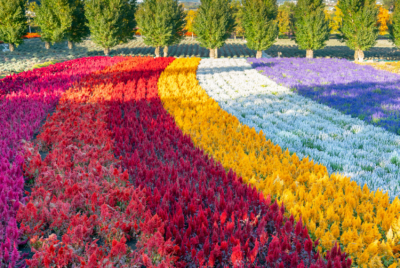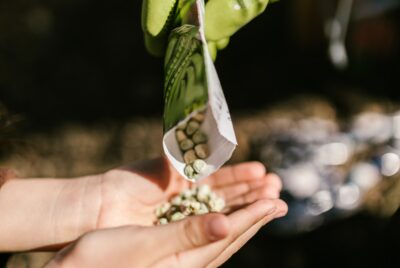RESEARCH
Assessing Emotional and Social Health Using Photographs: An Innovative Research Method for Rural Studies and its Applicability in a Care-Farming Program for Youth
Summary
This paper introduces the Socio-Emotional Health Analysis of Photographic Expressions (SHAPE) method, an innovative way to evaluate emotional and social health using photographs. The method was tested in a rural care-farming program for at-risk youth, where participants engaged in gardening and equine-assisted activities. By analyzing photographs taken during the program, researchers assessed changes in participants’ emotions, interactions, and engagement. The findings showed that most participants displayed positive emotions, such as happiness and confidence, particularly when interacting with horses or gardening. The SHAPE method proved to be a reliable and practical tool for evaluating programs in rural or resource-limited settings, especially for populations with limited literacy or verbal communication skills.
The study also highlighted the benefits of rural care-farming programs for disengaged youth. Participants demonstrated increased confidence and engagement over time, particularly with equine activities. The shift from initial fascination to confidence with horses suggested growth in self-efficacy. The SHAPE method provided valuable insights into individual experiences and outcomes while addressing challenges in traditional evaluation methods. The authors recommend SHAPE as a complementary or standalone tool for assessing emotional and social health in similar programs.







